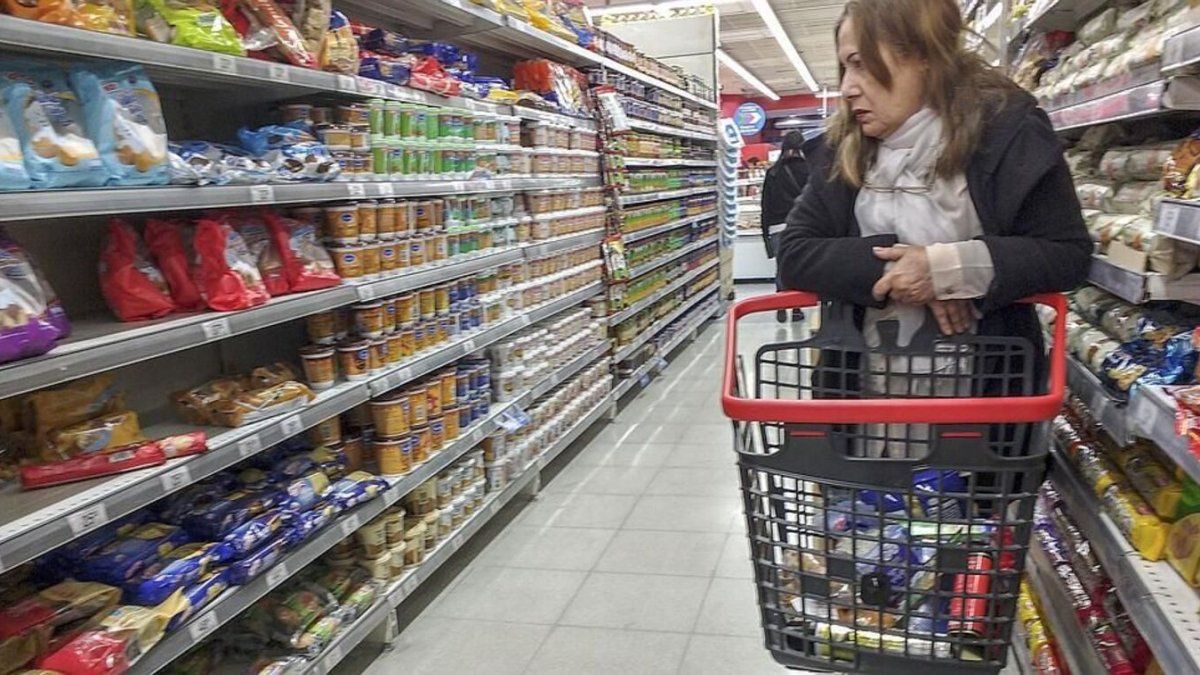A new cargo ship left Ukraine today for Bulgaria, the second since Russia suspended its participation in the Black Sea grain and cereals export deal last July and amid escalating fighting, media reported. local.
The bulk carrier Primus set sail from Odessa this morning bound for Varna, in Bulgaria, Ukrainian media reported.
This information agrees with the data from the Marine Traffic portal, which shows the location of the ships in real time, the Europa Press news agency specified.
Built in 2006, this Liberian-flagged cargo ship is 177 meters long and has 32,588 deadweight tons.
The first ship to leave Ukraine after the suspension of the food pact was the container ship Joseph Schulte, on August 16, bound for Turkey.
Before reaching the Bosphorus channel, the ship stayed for some time in international waters, but then sailed through the territorial seas of Romania and Bulgaria, some 19.3 kilometers from the coast.
The Joseph Schulte ship, which carries more than 2,000 containers, managed to cross the Black Sea in a particularly difficult context, given that the security of the area is no longer guaranteed since Russia announced it was withdrawing from the agreement on July 17.
Since July 20, when the food pact signed last year and renewed several times expired, Russia considers ships sailing in the Black Sea to Ukrainian ports as military objectives, while Ukraine also assumes as part of the conflict ships arriving at Russian ports through the area.
The food pact, signed on July 22, 2022, created a safe corridor through the Black Sea that allowed almost 33 million tons of grain to be removed from the conflict zone, including 725,000 tons for the UN World Food Program to the population of Afghanistan, Ethiopia, Kenya, Somalia, Sudan and Yemen.
Beyond direct aid to these needy countries and sales to other developing countries in Africa and the Middle East, unlocking exports was key to lowering world prices for wheat, corn, barley, and sunflower oil.
On July 17, Russia announced that it was withdrawing, arguing that the demands it had been formulating to extend it again had not been met, including that it be allowed to export fertilizers despite Western sanctions for having invaded the neighboring country.
Source: Ambito




